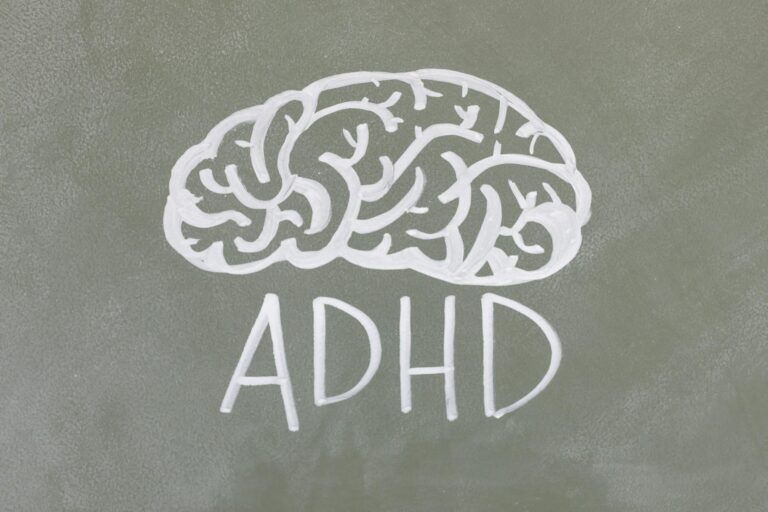### Investigating Real-World Evidence to Complement Controlled Alzheimer’s Studies
Alzheimer’s disease is a complex condition that affects millions of people worldwide. While controlled studies provide valuable insights into the disease, real-world evidence is equally important for understanding how Alzheimer’s progresses and how it can be managed in everyday life. In this article, we will explore the importance of real-world evidence and how it complements controlled studies in the fight against Alzheimer’s.
#### The Complexity of Alzheimer’s
Alzheimer’s disease is not just a single condition; it is influenced by a combination of genetic, environmental, and lifestyle factors. This complexity makes it challenging to develop effective treatments. Controlled studies, such as clinical trials, are crucial for testing new treatments and understanding the underlying mechanisms of the disease. However, these studies often take place in a controlled environment, which may not fully reflect the real-world scenario.
#### The Role of Real-World Evidence
Real-world evidence comes from observing how people with Alzheimer’s live and manage their condition outside of a clinical trial setting. This type of evidence is invaluable because it shows how treatments and interventions work in everyday life. For instance, studies have shown that adults with type 2 diabetes are at a higher risk of developing Alzheimer’s. This connection highlights the importance of managing comorbidities, such as diabetes, to potentially reduce the risk of Alzheimer’s[4].
#### Improving Diagnosis
One of the significant challenges in managing Alzheimer’s is early and accurate diagnosis. Many people with dementia go undiagnosed, especially in the early stages of the disease. Recent innovations in diagnosis, such as blood tests for Alzheimer’s, aim to revolutionize how we detect the disease. These tests can help identify specific biomarkers in the blood that indicate the presence of Alzheimer’s, making it easier to diagnose the condition early on[5].
#### Personalized Medicine
Advances in technology are also helping to personalize treatment for Alzheimer’s patients. For example, synthetic nearest neighbors (SNN) estimator is a method that uses data from clinical trials to predict patient outcomes. This approach helps in imputing missing data and simulating outcomes for each patient under different treatments, making it a powerful tool for precision medicine[3].
#### New Treatments on the Horizon
There are several new treatments being tested for Alzheimer’s, including monoclonal antibodies like lecanemab and donanemab. These drugs have shown promise in reducing amyloid protein in the brain and slowing down the decline in memory and thinking skills. However, their effectiveness depends on early diagnosis, which is a significant challenge given that many people with dementia are not diagnosed until the moderate or severe stages[5].
#### Conclusion
Investigating real-world evidence is crucial for understanding how Alzheimer’s disease progresses and how it can be managed effectively. By combining controlled studies with real-world data, researchers can develop more effective treatments and improve diagnosis. The ongoing research into blood biomarkers, personalized medicine, and new treatments like lecanemab and donanemab holds great promise for the future of Alzheimer’s care. As we continue to explore these avenues, we move closer to a better understanding and management of this complex condition.
—
### References
1. **Mayo Clinic Contributes to National Alzheimer’s Disease Research Priorities**. (2025, January 13). News Network.
2. **Symposia – Texas Alzheimer’s Research and Care Consortium**. (2025, January 23). Texas Alzheimer’s Research and Care Consortium.
3. **Obtaining Personalized Predictions from a Randomized Controlled Trial**. (2025, January 11). PubMed.
4. **Dementia: Alzheimer’s Disease Patient Care**. (2025, January 14). Wild Iris Medical Education.
5. **Dementia Breakthrough Drugs Could Be a Golden Opportunity**. (2025, January 24). Alzheimer’s Society.





